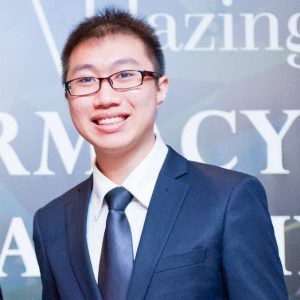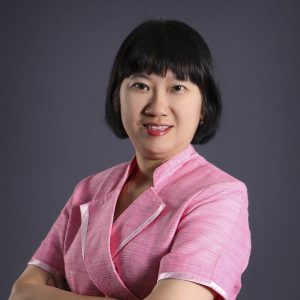We are pleased to announce the joint Workshop on the 5th NLP/AI R&D which will take place on November 27, 2023 at Bangkok, Thailand. It will be colocated with iSAI-NLP-AIoT 2023. The workshop will bring together researchers, professors, and students in NLP and AI. The aim of the proposed workshop is to bring together the community of Southeast Asian Countries’ researchers interested in these areas.
We invite submissions on topics that include but are not limited to the following:
NLP R&D
- POS-tagging
- Tokenization
- Named entity recognition (NER)
- Morphological analysis
- Semantic analysis
- Chunking
- Disambiguation
- Machine Translation (MT)
- Automatic Speech Recognition (ASR)
- Text to Speech (TTS)
AI R&D
- Statistical Learning
- Machine Learning
- Deep Learning
- AI in image and speech processing
- Bayesian Machine Learning
- Graph Neural Networks
- Meta Learning
- Reinforcement Learning
- Adversarial Machine Learning
Invited Speakers

Leong Wei Qi
Senior Artificial Intelligence Engineer, AI Singapore
Holistic Evaluation of Large Language Models in Southeast Asian Languages
Abstracts:
The rapid development of Large Language Models (LLMs) and the emergence of novel abilities with scale have necessitated the construction of holistic, diverse and challenging benchmarks such as HELM and BIG-bench. However, at the moment, most of these benchmarks focus only on performance in English and evaluations that include Southeast Asian (SEA) languages are few in number. We therefore propose BHASA, a holistic linguistic and cultural evaluation suite for LLMs in SEA languages. It comprises three components: (1) a NLP benchmark covering eight tasks across Natural Language Understanding (NLU), Generation (NLG) and Reasoning (NLR) tasks, (2) LINDSEA, a linguistic diagnostic toolkit that spans the gamut of linguistic phenomena including syntax, semantics and pragmatics, and (3) a cultural diagnostics dataset that probes for both cultural representation and sensitivity.
Biography:
Leong Wei Qi is a Senior AI Engineer at AI Singapore under its AI Products pillar. Having received his BSc in Pharmacy from the National University of Singapore (NUS) in 2017, he previously worked as a pharmacist before making the transition into the field of artificial intelligence. His passion for languages and linguistics has also led him to study more than 50 languages, including Southeast Asian (SEA) languages such as Indonesian, Thai and Vietnamese. After graduating from the AI Apprenticeship Programme at AI Singapore in 2020, he has been working on building open-source tools and open datasets for Natural Language Processing (NLP) in Southeast Asian (SEA) languages. His research interests include NLP in multilingual or low-resource settings, computational linguistics and historical linguistics.

Associate Professor Ponrudee Netisopakul, Ph.D.
Associate Dean at the Faculty of Information Technology at KMITL.
Realistic view of Artificial Intelligence: Hype and Limitations
Abstracts:
Artificial Intelligence (AI) holds great sway over society and individuals, necessitating a balanced perspective. Avoiding unrealistic extremes of optimism or pessimism is essential. Excessive pessimism can trigger unwarranted fears, while undue optimism may lead to disillusionment and what’s called an “AI winter.” AI indeed has limitations, such as performance constraints linked to data volume and explain-ability challenges. Many high-performing AI systems operate as “black boxes,” making it difficult to validate their reliability. Addressing this issue is a crucial area of research. Moreover, AI can inadvertently perpetuate discrimination and bias when trained on biased data. It’s vital to understand that humans can also exhibit intentional or unintentional biases.
In summary, AI will transform industries and society, but a balanced perspective is key. Striking the right balance will enable us to harness AI’s potential while managing its limitations and societal impacts.
Biography:
Associate Professor Ponrudee Netisopakul, Ph.D. With a Ph.D. from CASE Western Reserve University and master’s degrees from the University of Delaware and the University of Southern California, Dr. Netisopakul is a distinguished scholar in Computing and Information Science.
Her remarkable journey includes prestigious scholarships, international academic tours, and work as a teacher, researcher and an advisor. Dr. Netisopakul has excelled in knowledge management and knowledge engineering and served as an Associate Dean at the Faculty of Information Technology at KMITL.
She’s organized international symposiums, contributed to the Journal of Information Technology, and evaluated research grants. As an educator, she has taught a wide range of courses, including Enterprise Information Systems, Software Engineering, and Artificial Intelligence, Data Science for business, Natural Language Processing and so on.
Paper Submission Instructions
Deadlines:
Submission Deadline: October 10, 2023 October 20, 2023 October 31, 2023
Notification of Acceptance: October 20, 2023 November 1, 2023 November 6, 2023
Camera-ready : November 5, 2023 November 20, 2023
Paper length:
6-10 pages including figures, tables references.
Submission Format
Papers must be prepared under JIIST format as shown in the link below: https://jiist.aiat.or.th/page/authorGuide
Submission System
The papers must be submitted via the email address: [email protected]
Review Process
For papers that are accepted for review, program committee (PC) members will be matched to submissions based on research expertise and interest. Authors will have a limited opportunity to respond to initial reviews. This author feedback will then be taken into account in the final recommendations and reviews may be changed accordingly.
Journal Opportunities
A select set of rated papers may be nominated for fast track reviewing at the Journal of Intelligent Informatics and Smart Technology (JIIST).
Workshop Date
November 27, 2023
Conference Registration and Attendance
At least one author is required to register for the conference to present the paper, and we encourage all authors to attend if possible.
Program Chairs
Ye Kyaw Thu (NECTEC, Thailand)
Thepchai Supnithi (NECTEC, Thailand)
Nongnuch Ketui (RMUTL, Thailand)
